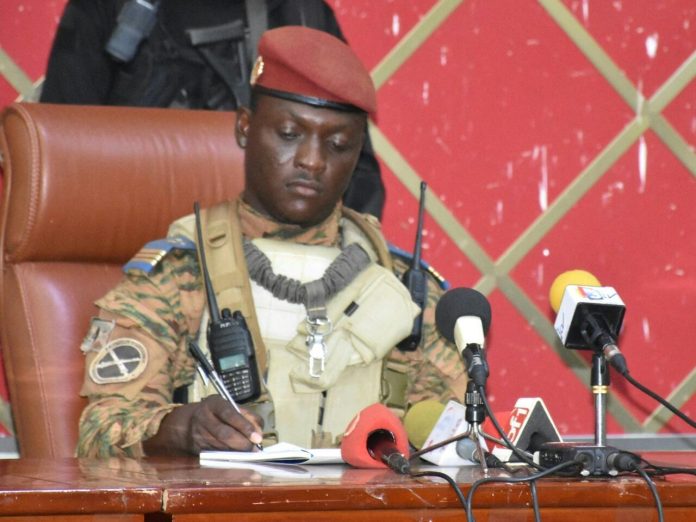In the heart of West Africa, Burkina Faso has witnessed transformative leadership under Captain Ibrahim Traoré, who, at 36, stands as one of the world’s youngest heads of state. Ascending to power in October 2022, Traoré’s tenure is marked by a steadfast commitment to national sovereignty, economic reform, and a lifestyle that starkly contrasts with the opulence often associated with political leadership.
Born on March 14, 1988, in Bondokuy, Mouhoun Province, Traoré’s formative years were rooted in modesty. He pursued higher education at the University of Ouagadougou, earning a degree in geology. Driven by a sense of duty, he enlisted in the Burkinabé army in 2009, undergoing training in Morocco before actively participating in United Nations peacekeeping missions in Mali. His exemplary service, particularly during intense counter-insurgency operations, underscored his dedication to national security.
Dissatisfaction with the government’s handling of insurgent threats culminated in Traoré leading a coup in September 2022, ousting then-interim President Paul-Henri Sandaogo Damiba. This decisive move was driven by a collective desire among younger military officers for effective strategies against escalating jihadist activities. Upon assuming the presidency, Traoré pledged a return to civilian rule and initiated plans for democratic elections.
A cornerstone of Traoré’s administration is the emphasis on Burkina Faso’s sovereignty. He has been vocal about diversifying international partnerships, reducing reliance on former colonial powers, and exploring alliances that align with the nation’s interests. This approach reflects a broader vision of self-reliance and regional cooperation.
Traoré’s leadership is also characterized by significant economic initiatives, notably in the gold mining sector. In November 2023, his government approved the construction of the country’s first gold refinery, aiming to maximize local benefits from natural resources. This move is part of a broader strategy to harness domestic assets for national development.
Beyond policy, Traoré’s personal ethos of modesty resonates deeply with the populace. Eschewing the luxuries often associated with political office, he maintains a humble lifestyle, reflecting a commitment to public service over personal gain. This approach has endeared him to many and sets a precedent for leadership grounded in integrity and humility.
Captain Ibrahim Traoré’s tenure embodies a blend of youthful vigor, dedication to sovereignty, and a profound connection to the everyday realities of Burkinabé citizens. As Burkina Faso navigates complex challenges, his leadership offers a paradigm of governance that prioritizes national interests, economic empowerment, and ethical stewardship.




